I still remember that beautiful, sunny day in March of 2005 when I was doing a psychotherapy session over the phone with my psychiatrist. I took a leave of absence in the middle of my second year of medical school and was 27 at the time. Dr. B inquired “Have you heard of a condition called Aspergers Syndrome*?” I nodded to myself and responded, “I think so Dan”. He asserted “I think that is what you have”. It took some time to fully process it, but eventually, it resulted in a sigh of relief. Dr. B’s diagnosis explained many of the social, learning and emotional difficulties I had throughout my childhood and adolescence, most of which continued into adulthood.
I was a child of the 80s and early 90s. The surge in the autism epidemic hadn’t begun yet so no one in the schools I attended recognized anything. I certainly was a very precocious child. I was intense, asked adult questions, and fixated on certain topics forever. I had some difficulty in social interactions and understanding non-verbal cues and body language. I was unable to adapt to changing situations and needed fixed predictable routines. There were also some issues with my fine motor skills. I had difficulty tying my shoes and riding a bike without training wheels. I could not regulate my tone of voice either. Emotional regulation and executive function were also huge issues for me. Every psychiatrist I went to since the age of 16 diagnosed me with major depressive disorder and anxiety disorder. Nothing else was picked up.
It also did not help that I was from a bicultural home. I had to learn the cultural and social norms of two completely different societies – Indian/South Asian and American. Children of South Asian immigrants are s jokingly called American Born Confused Desi (or ABCD)! You can imagine the abundance of social, emotional, and cultural confusion I had. I was also made fun of in school for being Indian and was socially isolated and outcasted. Whether at school or within our Indian circles, people felt there was something odd and a bit off about me. People saw me as very sweet, intelligent and articulate, but strange and quirky too.
After my diagnosis of Asperger’s Syndrome, things did not get any easier over the next several years. I barely passed medical school and completed my internship. I could memorize medical facts and pass my boards but had immense difficulty in clinical rotations. Luckily, I got my internship in a small academic medical center but barely got through with the help of my residency director. I was experiencing the same issues and problems that arose in my childhood.
One of the biggest challenges I faced was that no psychiatrist or psychologist was able to give me a clear cut diagnosis or any practical solutions. Dr. B. said I had Asperger’s Syndrome, then Dr. S. said I had a Right Brain Learning Disability and recommended I get extensive neuropsychology testing. The neuropsychologist I worked with gave me a battery of tests – 16 hours of testing and a price tag close to $10K. Final diagnosis-still not clear. For insurance purposes, she put “PDD-NOS” or pervasive developmental disorder not otherwise specified. It makes my head spin to think about all the confusion in those years. In 2013 the DSM V came out, and autism spectrum diagnoses were completely reclassified from DSM IV. Now all I know is that I fall somewhere on the very mild end of the spectrum, and my diagnosis is not completely clear cut. My case is compounded by my bicultural identity, something which all the psychiatrists and psychologists acknowledged made my case difficult.
I am now in my early 40s and many challenges continue. I was unable to practice medicine so I left that behind. I have tried the working world from research to healthcare IT. I found it too overwhelming, so I have never had a real job or financial independence. Also, I was never able to find any specific treatments, therapies, or modalities that could help address my learning and social difficulties. My depression is completely gone. I still have occasional bouts of anxiety, but that is also under control. I have come to fully accept the gray zones my case falls into, and, I am at a place of peace. Yes, life does go on!
Please do not hesitate to reach out to the MindReset community.
The MindReset is a community of individuals who seek to inspire a social movement geared toward creating a more Supportive, Inclusive, Compassionate, and Kind society where anyone and everyone has the opportunity to thrive.
- Facebook: https://www.facebook.com/theMindReset/
- Instagram: @The_MindReset
- Twitter: themindreset
- #TheMindReset #TMR #SICK
- e-mail: contact@themindreset.com



